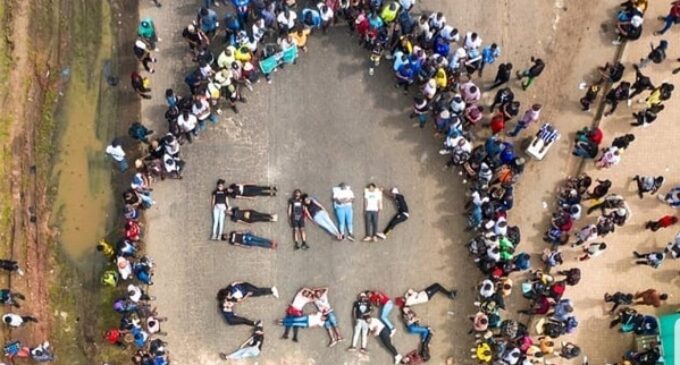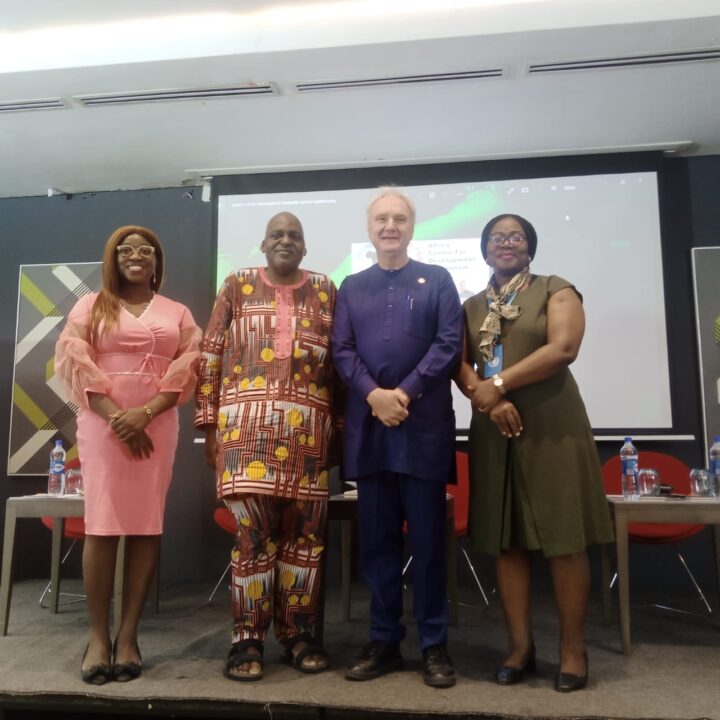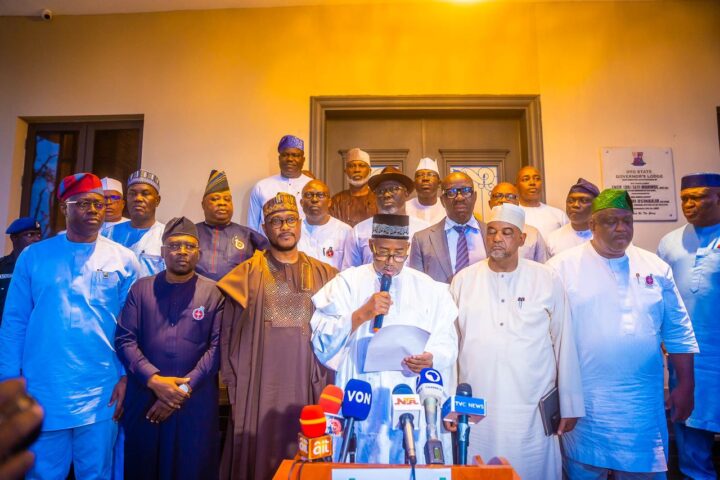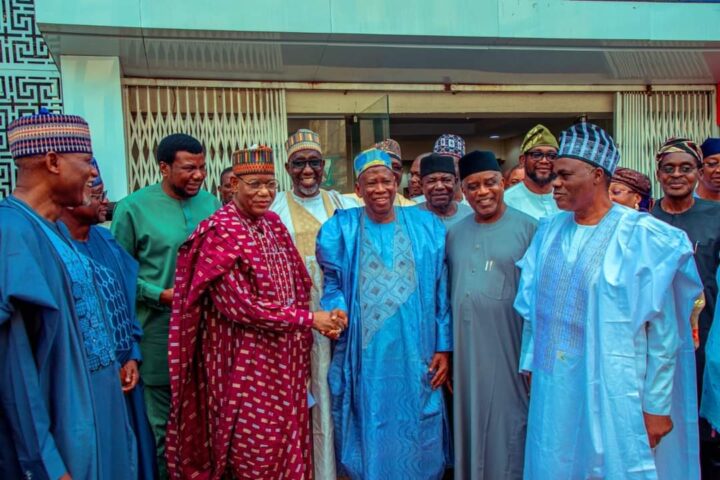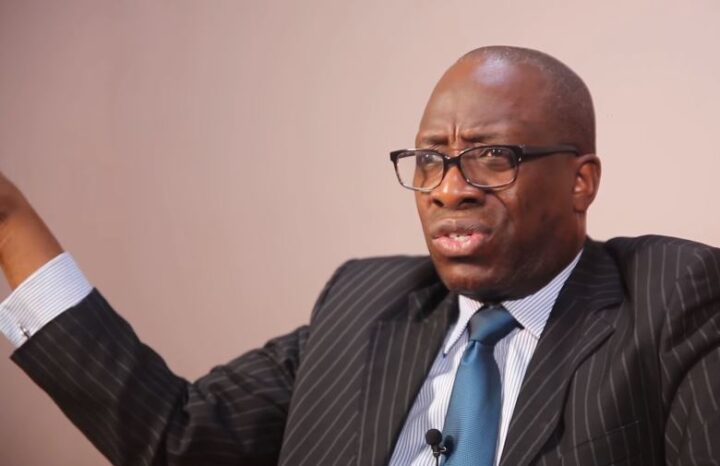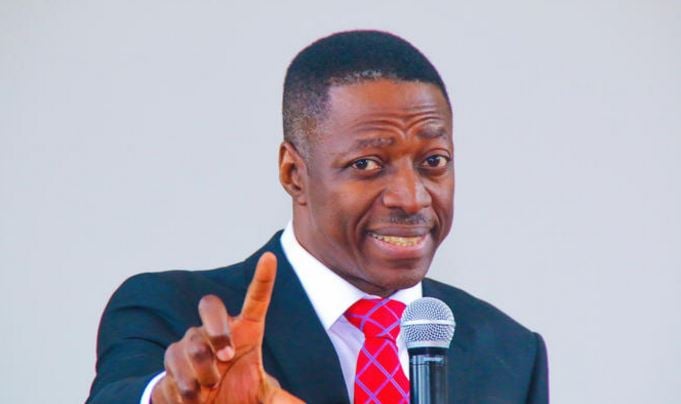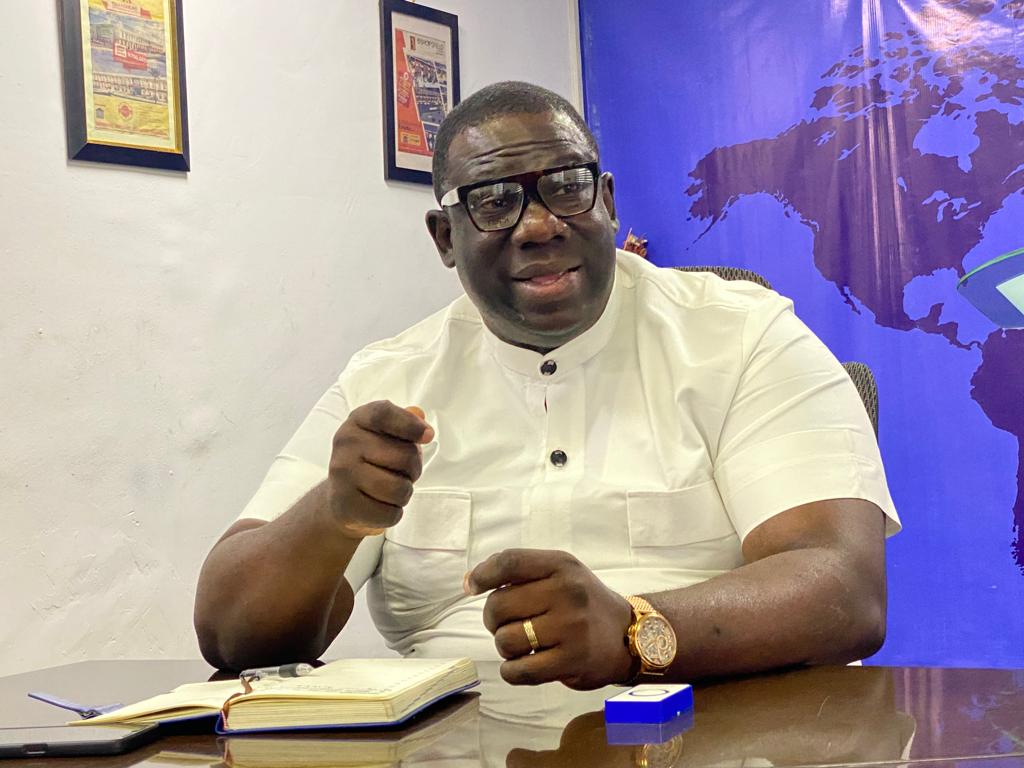Anthony Ojukwu, executive secretary of the National Human Rights Commission (NHCR), says 16 out of 29 states in the country have submitted the #ENDSARS judicial panel reports.
Ojukwu spoke on Tuesday at an event organised by Enough is Enough (EiE), a civil society organisation, to mark three years of #ENDSARS protest against police brutality and human rights violations by the disbanded special anti-robbery squad (SARS).
In November 2020, the federal government through the national economic council (NEC) under the leadership of former Vice-President Yemi Osinbajo directed the constitution of #ENDSARS panels.
The judicial panels were set up by 29 states, including the federal capital territory (FCT).
Advertisement
The NHRC executive secretary said states should prioritise all issues of rights violations and pay compensation to residents affected by the protest
“We are compiling the results of all the 29 panels across the 29 states and we are hoping that when we are able to put this together, I think we have been able to collect about 16 state panel reports now and we are waiting for the feedback from the other states,” Ojukwu said.
“Once this is completed, we should be able to have a view of the recommendations made across the various states.
Advertisement
“We should be able to have a global view of officers to be disciplined, victims to be compensated, and volume of compensation.
“We will be urging the states not to say that because these panels were directed to be set up by the federal government, it, therefore, becomes the sole responsibility of the federal government to deal with issues arising from these panels.
“The first issue to be noted here is that these police officers were serving in various states, the citizens whose rights were violated are indigenes of various states, so there is no reason why the states where these violations took place should not at least pay compensation to their citizens as required by the constitution.
“As for the matter of compensation, we also want to say that the state government should pay compensation to their indigenes who were affected by the ENDSARS protest arising from this judicial panel reports.”
Advertisement
He called on individuals, civil society organisations, and various state governors to ensure police are accountable to avoid another #ENDSARS protest.
‘#ENDSARS PANEL REPORTS SHOULD BE MADE PUBLIC’
Also speaking, Ibrahim Farouk, programme coordinator at Yiaga Africa, said the organisation deployed observers to all 29 states to monitor proceedings at the panels.
Farouk said many challenges, including financial, technical and resource constraints were discovered to have marred the panel session in many states.
Advertisement
He said it is important for all 29 panels to publish the reports of their findings for the public, adding that Nigerians need to know if justice was done.
“We saw a continued mistrust in Nigerian government institutions. When you look at the report, I think there is just one judicial panel of inquiry that had made its request public and that is the Lagos panel.
Advertisement
“One very step is to make the report public so that young people who made presentations at the panel would see that justice was done or was said to have been done.
“One of the challenges was administrative, technical and resource constraints that the panels had to deal with.
Advertisement
“We had varying experiences in the different panels, we saw some panels that had to be suspended for financial constraints.”
Advertisement
Add a comment
